√画像をダウンロード i'm done in japanese language 701679-How to say okay fine in japanese
Japanese can be a beautifully poetic language, but many people would agree that it's one of the hardest to learn by far But why make things easy on yourself by learning a language that shares a lot in common with English?Patois/Patwa is the native spoken creole language in Jamaica This is an english based creole langauge or some may even call it a slang Why use a Jamacian translator? 1) はい Yes はい Hai This is the literal translation and most direct way of saying yes in Japanese It is commonly used in formal settings Also, Japanese people like to hear this word to know that you understand or are listening to what they are saying So, if you're listening to someone, just say "hai" a few times
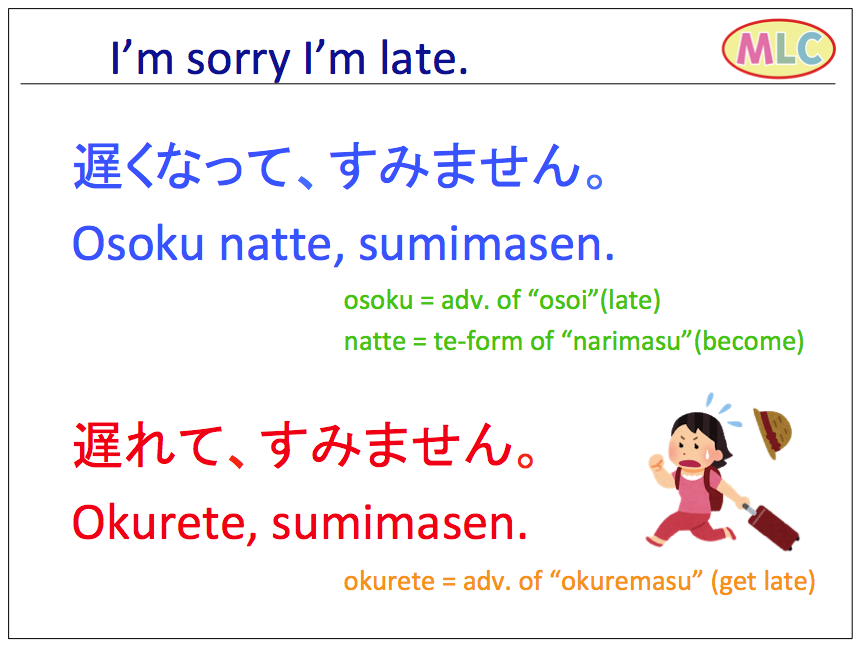
Mlc Japanese School I M Sorry I M Late Audio And Examples T Co Pnizlfnbmy Japanese Language
How to say okay fine in japanese
How to say okay fine in japanese-For a language that prides itself on formality, this may seem a bit casual, but think about how you say goodbye in English most of the time Most often, it's to friends and family, or coworkers at the same level as you You would say "see ya" to them, but to If 「よく出来た。 」is "good job," then, you might think of 「よくやった。 」as "well done" In practice, though, these phrases are used interchangeably You can also say the more polite 「よくやりました。 」 (yoku yarimashita) and be understood, but typically this version of "good job" is only seen using the informal past tense



Japanese Uncovered Storylearning
LingoDeer is a very comprehensive language learning app, that is also available on desktop The app started a couple years ago with only three languages (Chinese, Japanese and Korean) making it at the time, a very good resource to learn these language often ignored or not enough developed by other apps LingoDeer now offers 10 languages, to our greatest delightGurunavi's got your back with these 6 most common Japanese phrases when eating in or dining outWell, as a matter of fact, Japanese slang is very important to understanding the language and culture Slang is what you use to let others know that you consider them close to you
The Japanese word for dad is 父 (chichi) However, this word is a part of the "humble" Japanese language which means that you use it to lower your own status This is an indirect way of raising the other person's status (the listener) and showing them respect Since you're not talking about yourself in this case, you're lowering thePlease find below many ways to say done in different languages This is the translation of the word "done" to over 100 other languages Saying done in European Languages Saying done in Asian Languages Saying done in MiddleEastern Languages Saying done in African Languages Saying done in Austronesian LanguagesThe use of the English language in the inspiration for the choice of elements, in particular for keywords in computer programming languages and code libraries, represents a significant trend in the history of language design According to the HOPL online database of languages, out of the 8,500 programming languages recorded, roughly 2,400 of them were developed in the United
Type or paste a Japanese sentence/paragraph (not Romaji) in the text area and click "Translate Now" RomajiDesu's Japanese translator is both Japanese/Kanji to Romaji and Japanese/Kanji to English translator, which is very useful for analysis and study Japanese It's also useful for beginner to know how to pronounce a Japanese sentence The translator uses the Mecab morphologicalJapanese Language Stack Exchange is a question and answer site for students, teachers, and linguists wanting to discuss the finer points of the Japanese language Seppuku is to save the person from too much pain, and bring a swift death I can't remember where I read it, though I'm sure it was either in one of my Japanese history texts or Japanese Greetings Yes はい ( hai) No いいえ ( iie) Hello こんにちは ( konnichiwa) Goodbye じゃね ( ja ne) Thank you ありがとう ( arigatou) I'm Sorry ごめんなさい ( gomen nasai) Excuse me すみません ( sumimasen) Learn more Japanese Greetings 17 Ways to Say "Hello" in Japanese




Japanese Phrases Sticky Notes Www Instagram Com Valiantjapanese Japanese Phrases Learn Japanese Words Japanese Language Learning



1
If you are apologizing that something has been done, "Moushiwake arimasen deshita (申し訳ありませんでした)" can be used Like "Sumimasen (すみません)", "Moushiwake arimasen (申し訳ありません)" is also used to express gratitude Shitsurei shimashita 失礼しまし おわりました (owarimashita/polite) This means something ended おえました (oemashita/polite) This means literally "I finished (doing) something" じゅんびできました (junbi dekimashita/polite) It's been prepared/finished 000 See a translation Mistake 2 Cutting people out of your life Foreigners in Japan can tend to fall into two camps when it comes to socialising The first camp wants to get stuck in to Japan life, learn as much Japanese as possible, and make as many Japanese friends as possible To facilitate this, they cut other foreigners out of their life completely, refuse to




Gurunavi Japan Restaurant Guide Let S Experience Japan




I Made Gtasa Logo With Japanese Letters I M Don T Know Japanese Language So I Hope It S Correct Album On Imgur
Expert language solutions for any size of business 25K professional translators 90 language pairs 24/7 online translation service API Find out more on translatecomTranslate english to jamaican language Jamaican Translator What is patois?Translation for 'I don't know' in the free EnglishJapanese dictionary and many other Japanese translations babla arrow_drop_down babla Online dictionaries, vocabulary, conjugation, grammar Toggle navigation share




I Think I M Learning Japanese I Really Think So University Of Edinburgh Go Abroad




Mlc Japanese School I M Sorry I M Late Audio And Examples T Co Pnizlfnbmy Japanese Language
In order to make a question in Japanese, just add ka to the end of any sentence On top of that, though, there are a few question words that will make your conversations go a lot smoother The Typical Way To Say You're Welcome Hopefully everyone who is learning Japanese has a good beginner book or a useful phrasebook that they can use and reference for the basics If you do, then you will no doubt see this word as the Japanese Whether its "Dig in!", "Mahlzeit!" or "Bon apetit!", when it comes to enjoying good food with good friends, there's a saying for it in probably every language But what is a foreigner supposed to say when visiting Japan?




How To Say I Love You In Japanese A Detailed Look




How To Say I Am From In Japanese 1minjapanese Youtube
Sign Language I'm Good Part of the series Basic Sign Language Phrases In American sign language, answer "How are you?" with "I'm good" using one simple g私(わたし)は、来月(らいげつ)日本(にほん)へ行(い)きます。 "Watashi wa raigetsu Nihon é ikimasu" I'm going to Japan next month Obviously, the speaker is talking about the future plan So, naturally it's a future tense 2) Using an auxiliary verb でしょう "deshoh" 私(わたし)は日本(にほん)へ行(い)くでしょう。 "Watashi wa Nihon é ikudeshoh"Let's start with the variations of the simple ありがとう Arigatou ありがとう Arigatou Thank you どうもありがとう Continue reading →




Japanese Language Apps Explore Tumblr Posts And Blogs Tumgir



Ocr Is Not Working With Japanese Language Help Uipath Community Forum
Shinu means "Die" in japanese but you dont use it as is you changes it depend on your need it;s very difficult to answer without knowing the context you want "die" to be in it can be Shinimasu, Shinde or Shinimashita Express thanks in the past tense as "arigatou gozaimashita " If someone has done something for you in the recent past, make the phrase past tense by changing the u ending of gozaimasu to ita Pronounce the phrase as ahreegahtoh gozaeemashitah Method 3I recommend using Meetup if you ever want to look for (or make) a language group Tip 4 Hire a Tutor or Online Language Partner
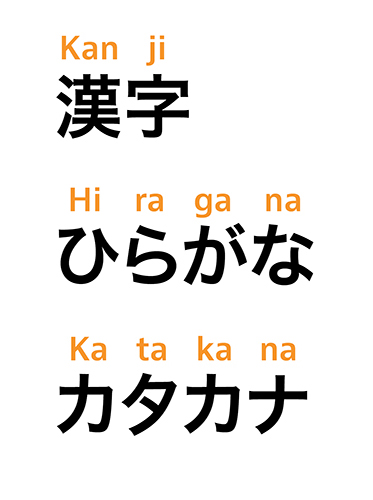



Japanese Writing A Beautifully Complex System Smashing Magazine



Japanese Uncovered Storylearning
Japanese language schools play a critical role to prepare foreigners culturally and socially to function in Japanese society, to pursue study higher education, and to participate in the employment market Japanese language schools The Japanese language is the gateway to Japan, whether you want to study, work or just get the most out of your stayJapanese people like gifts One thing about Japanese culture is that they're big on giving gifts There are many different customs involving giving and receiving gifts (お歳暮 、 お中元 、etc) and when Japanese people go traveling, you can be sure that they're going to be picking up souvenirs to take back as giftsEven when attending marriages or funerals, people are expected to give aJapanese is one of the easiest languages to ask questions in—so ask away!
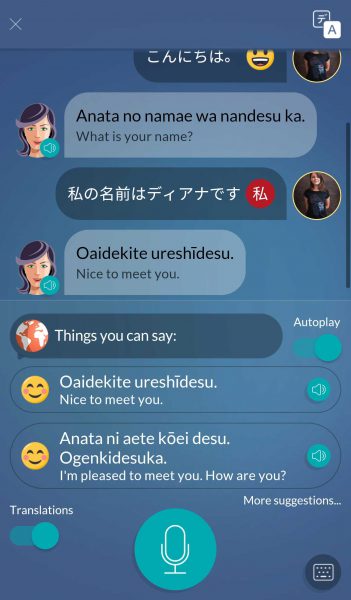



Here S Everything You Need To Know About The Japanese Alphabet




Learn Japanese A Ridiculously Detailed Guide
In the Japanese language, there are some words with overlapping meanings where some can mean both "Why" and "How at the same time As such, it can be really hard to differentiate between the two sometimes Nevertheless, here are some of the more common words of which can be used interchangeably to mean both "Why" and "How"!Through the Japaneselanguage group I found, I was able to converse in Japanese with both native Japanese speakers and other language learners The group wasn't just great for practice but was also extremely fun! #9 ただいまー (tadaima) "I'm back" in Japanese When you return home, it's common to announce your arrival In Japanese, you use ただいまー (tadaima) to say "I'm back!" or "I'm



Japanese Language Saying Sorry Over And Over Japan All Over Travel Guide




Super Useful Phrases In Japanese For Tourists Free Cheat Sheet
The Vietnamese Language, or Tiếng Việt Vietnamese is the language if the majority of the population of Vietnam the Vietnamese language is known to have been influenced by a number of other languages throughout history, namely Chinese, Thai and Khmer This diversity in influences makes it difficult to trace back the real roots of the Vietnamese language, but The commander of the Task Force, Vice Admiral William Halsey observes the carnage from the bridge of the Enterprise and angrily utters one of what will be many memorable quotes from him during the war, "Before we're through with 'em, the Japanese language will be spoken only in hell!" Sir, actually i m pursuing my ba prog Degree I m quite confused about what language i choose as a professional I m getting information regarding Japanese and found my interest in it, but reading the above comments seems that its too difficult As you said, it took once for 3 to4 years for completing N1 or N2 level, and this terrified me badly
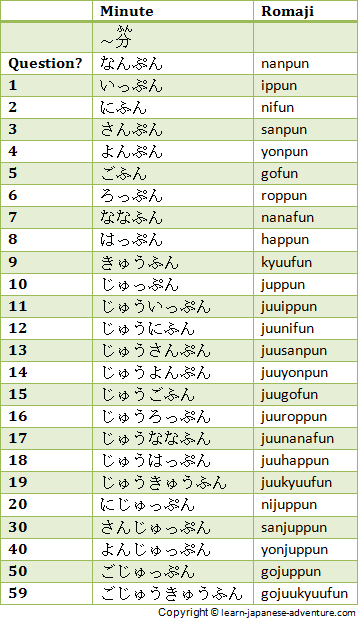



How To Give Japanese Time Periods Using Japanese Numbers




Japanese Language Resources Lyrynne S Delight
(頼む, tanomu) (The Japanese language is heavily context based) The most common translation is "Shit!" and is often used when a character screws up or makes a major mistake Could be translated as just "I screwed up" but most English speakers would simply say "Shit!" in the There's no denying that Japanese is a very complex and beautiful language In fact, Japanese is so complex that a native English speaker would need around hours of study to achieve Japanese fluency So learning Japanese can certainly be considered one of the greatest achievements in anyone's life But that doesn't mean it's next to The English equivalent is, "I'm delighted to have been of service" 7 お手伝いできてよかったです。(Otetsudai Dekite Yokatta Desu) In my personal experience, this phrase is more commonly used in written Japanese as opposed to spoken It bears the same nuance as "お役に立てて" (oyaku ni tate te)




How To Say I Love You In Japanese Team Japanese




Ways To Say No In Japanese Language Lesson
I'm sorry / Excuse me 失礼しました – shitsurei shimashita I'm sorry (This is usually used for something bad you did or a mistake you made) 失礼 – Shitsurei Sorry (Very casual and usually used more by men) お先に失礼します – osaki ni shitsurei shimasu May I be excused?All your four choices are acceptable in daily use But technically, cakes are done and people are finishedAlso, in proper English usage, I have finished is preferred over I am finished So, in that sense only the following (from your list) are correct Japanese particles are small words that indicate relations of words within a sentence They follow other words such as nouns, verbs, adjectives are parts of a sentence Some but not all can be compared to prepositions in English The Japanese language uses a




Textbooks What Can I Do With A B A In Japanese Studies




What You Didn T Know About Japanese Habits Plaza Homes
Google's free service instantly translates words, phrases, and web pages between English and over 100 other languagesI'm done for (もうだめ, mou dame) I'm/We're counting on you! 100 Japanese Phrases to Learn English is still not widely spoken in Japan, though there are many multilingual signs and information centers within train stations and major sightseeing spots In order to make your visit go a bit more smoothly, we have picked out useful phrases and words for you to practice in Japanese Handy Japanese Phrases 1




Learn Japanese Online In 12 Weeks Japanese With Aimee




Siri Lets Slip Upcoming Japanese Language Support Zdnet
Each of these corresponds to a combination of the 5 Japanese vowels (a, i, u, e o) and the 9 consonants (k, s, t, n, h, m, y, r, w) 1 Particles (used to indicate the grammatical function of a word) 2 To change the meaning of verbs, adverbs or adjectives, which generally have a root written in Handling Chemotherapy Safely français (French) Bilingual PDF Health Information Translations Nausea and Vomiting with Cancer Treatment français (French) Bilingual PDF Health Information Translations Preventing Infections When Your White Blood Cell Count Is Low français (French) Bilingual PDFLike a handful of similar phrases such as ご苦労様でした (ごくろうさまでした), which means something like "You must've had a hard time," お疲れ様でした is said to recognize the work the other person has done It means something like, "You worked hard and did a darn good job, now kick up your heels"
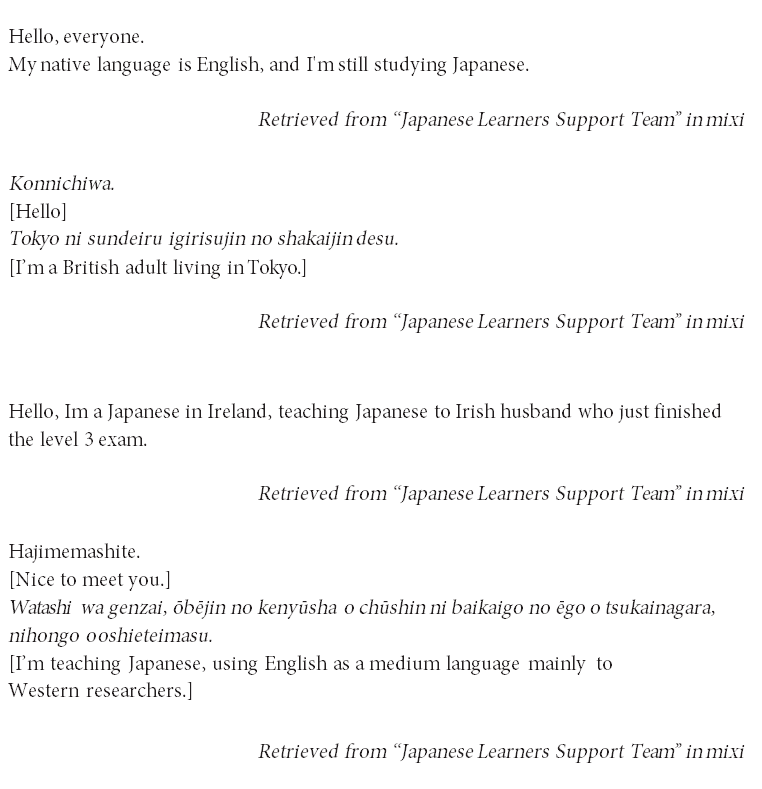



A Study Of Social Networking Sites For Learners Of Japanese New Voices In Japanese Studies




I M Studding Japanese Please Talk To Me Slowly Japanese Language Symbols T Shirt By Alenaz Redbubble
Japanese words for I include 私, 僕, 俺, 我, あたし, 小生, 拙者, 吾輩, 我輩 and 私儀 Find more Japanese words at wordhippocom! Apologies this is quite long This is a really random/seemingly odd question but I want to write to my uncle in Japan (he's English but fluent in Japanese and highly educated) and ask how he and the family are doing (his wife and kids are born an raised in Japan)How Japanese Slang Words Are Used Sure, a lot of importance is placed on being polite in Japanese—but Japanese people use slang all the time!




Japanese Numbers Counting In Japanese From 1 100 Fluent In 3 Months Language Hacking And Travel Tips Japanese Numbers Counting In Japanese From 1 100
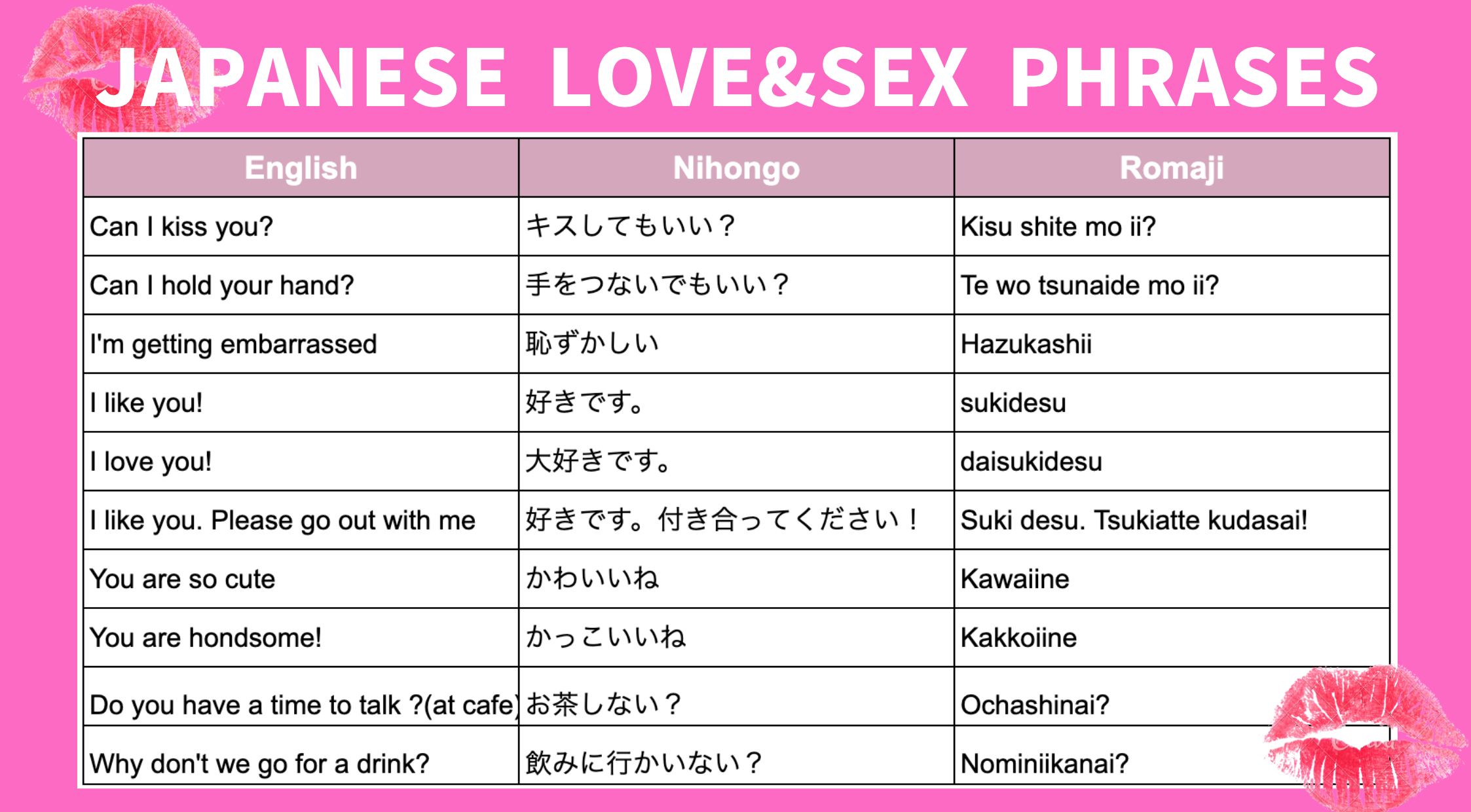



Love And Lust In Japan All The Phrases You Need To Know For Love And Sex In Japanese
How to say I'm done in Japanese I'm done Japanese Translation 私はこれで終わりですJapanese is a challenge and that's what makes learning it so exciting – not to mention impressive You may already know the expression ありがとう Arigatou or its full form ありがとうございます Arigatou gozaimasu But there are many more ways to show your gratitude!




I M Developing A Mobile Video Player For Japanese Language Learners With Flutter Flutterdev




Books That Teach Japanese To Children Kidstravelbooks




150 Japanese Words And Phrases You Need To Start Speaking Now




Learning Japanese Language Plaza Homes




Lesson Learn 25 Positive Japanese Phrases Quotes Learn Japanese Words Japanese Phrases Japanese Words
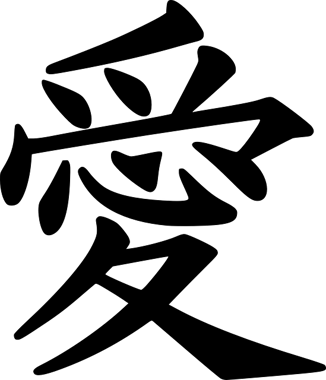



4 Ways To Say I Love You In Japanese




More Making Out In Japanese Kalamazoo Public Library




Japanese Vocabulary Lesson How To Say I M Sick In Japanese Youtube




10 Ways To Say I Or Me In Japanese Coto Japanese Academy




Japanese Language Learning With Apps And How To Choose




Learn Japanese Tae Kim S Guide To Learning Japanese




Everyday Japanese Phrases We Ll Help You Learn A Few Basics




Meikei Japanese Language School Some Easy Japanese Phrases For You Facebook
/TC_2028066-i-love-you-in-japanese-5ae9d97eff1b780036c033db.png)



Learn How To Say I Love You In Japanese




How To Get Mad In Japanese 30 Angry Japanese Phrases For When You Just Can T Take It Live Japan Travel Guide




I M Doing My First Add1challenge In Japanese Lindsay Does Languages



Jlp Faqs



Q Tbn And9gcsfa Why8jw0ituqm0jr4cd5d6k7f0b4inhc5imdf0z43j86bz1 Usqp Cau




I M Learning Japanese A Language Adventure For Young People Kindle Edition By Galan Christian Lerot Calvo Florence Children Kindle Ebooks Amazon Com




150 Japanese Words And Phrases You Need To Start Speaking Now




Ways To Say No In Japanese Language Lesson




Learn Simple Japanese With Funny Cartoons Japanese Phrases Learn Japanese Words Japanese Language




Super Useful Phrases In Japanese For Tourists Free Cheat Sheet




おはよう I M Making A Educational Game About The Japanese Language What Do You Guys Think It S Live On Indiegogo ლ ლ Learnjapanese




When Do I Use できます As Opposed To わかります In A Sentence Japanese Language Stack Exchange



3




I M Studding Japanese Please Talk To Me Slowly Japanese Language Symbols Art Board Print By Alenaz Redbubble




How To Learn Japanese On Your Own
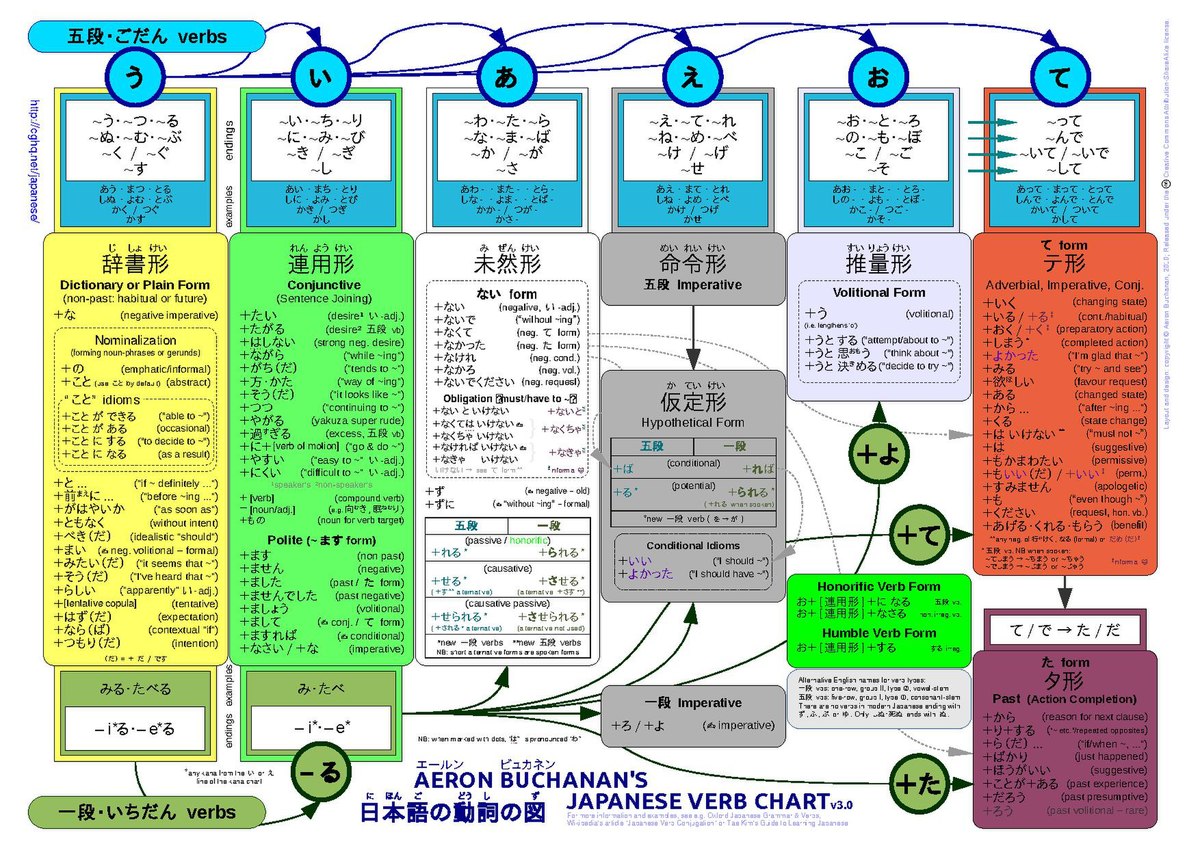



Japanese Verb Conjugation Wikipedia




The Epic List Of 250 Anime Words And Phrases With Kanji Owlcation




How To Say I M Just Looking In Japanese Learn Japanese Online For Free With Japango




Japanese Language Apps Explore Tumblr Posts And Blogs Tumgir




My Japanese Language Manga Came In Yesterday I M In Love Now To Go Through All Of Them Find My Favorite Panels Nanaanime




Why Study Japanese Here Are 8 Reasons To Get You Started




I M Learning Japanese A Language Adventure For Young People Galan Christian Lerot Calvo Florence Amazon Com Books
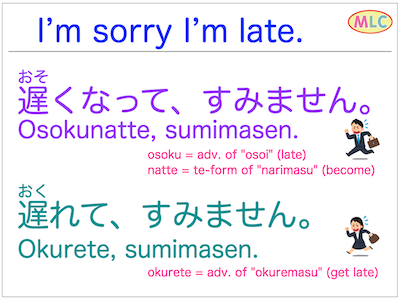



I M Sorry I M Late Mlc Japanese Language School In Tokyo




I M Learning Japanese A Language Adventure For Young People Kindle Edition By Galan Christian Lerot Calvo Florence Children Kindle Ebooks Amazon Com
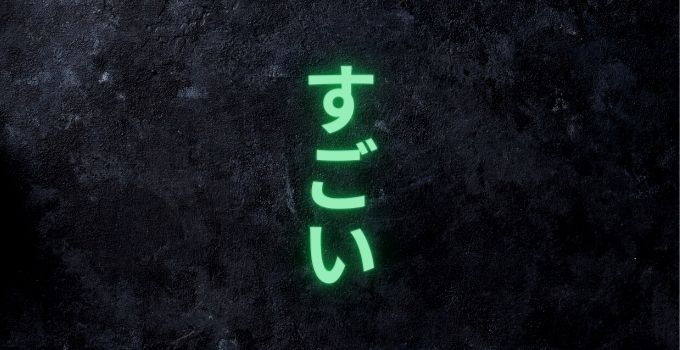



8 Awesome Ways To Say Awesome In Japanese




Valiant Japanese Language School Simple Japanese です More On Www Instagram Com Valiantjapanese Facebook



When Respectful Japanese Isn T Respectful




How To Pretend To Speak Fluent Japanese




I M Studding Japanese Language Please Talk To Me Slowly Pin By Alenaz Redbubble
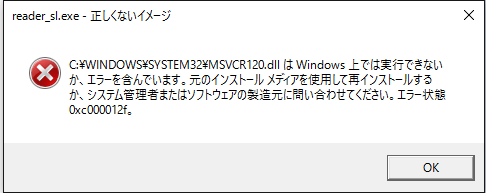



Windows 10 Display Language Is Stuck In Japanese Microsoft Community




Translate Your Japanese Or English Video Into English Or Japanese By Danemarielle Fiverr




Being Japanese Virtual Documentary Screening And Panel Discussion With Greg Lam Of Youtube Channel Life Where I M From Japanese Cultural And Community Center Of Northern California




7 Ways To Apologise In Japanese Learn Japanese Words Basic Japanese Words Japanese Language Learning
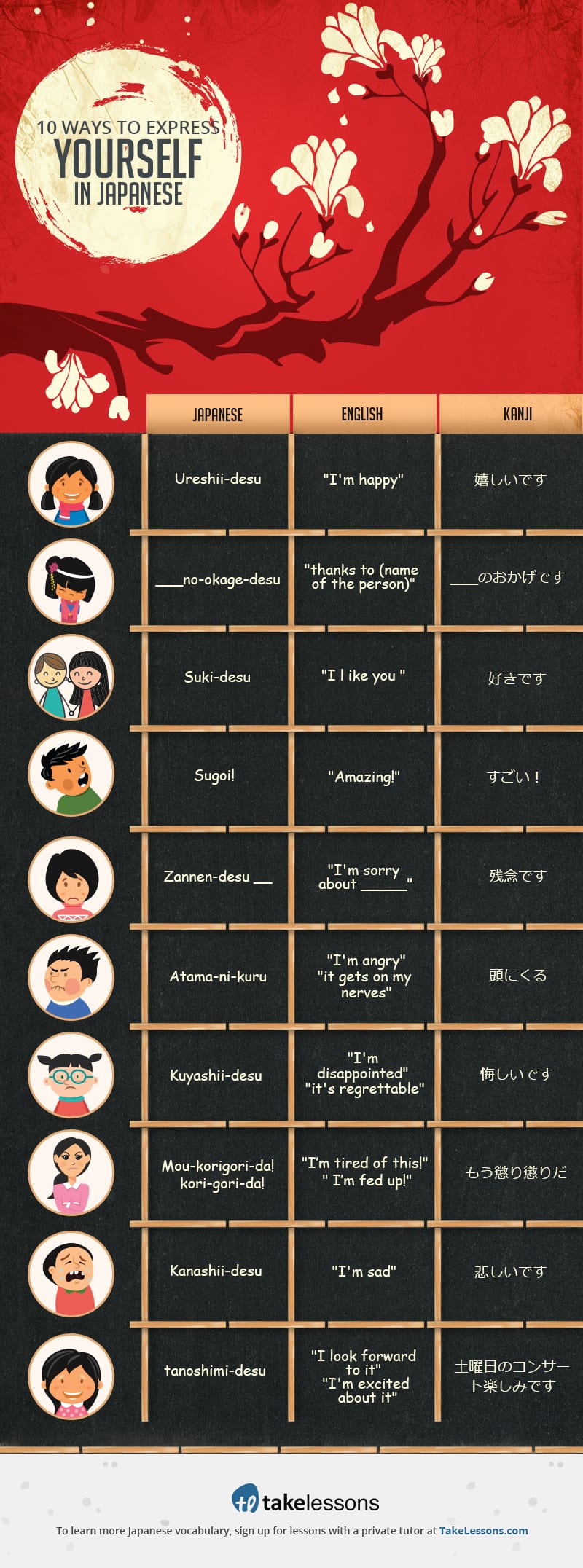



Japanese Vocabulary 10 Ways To Express Yourself
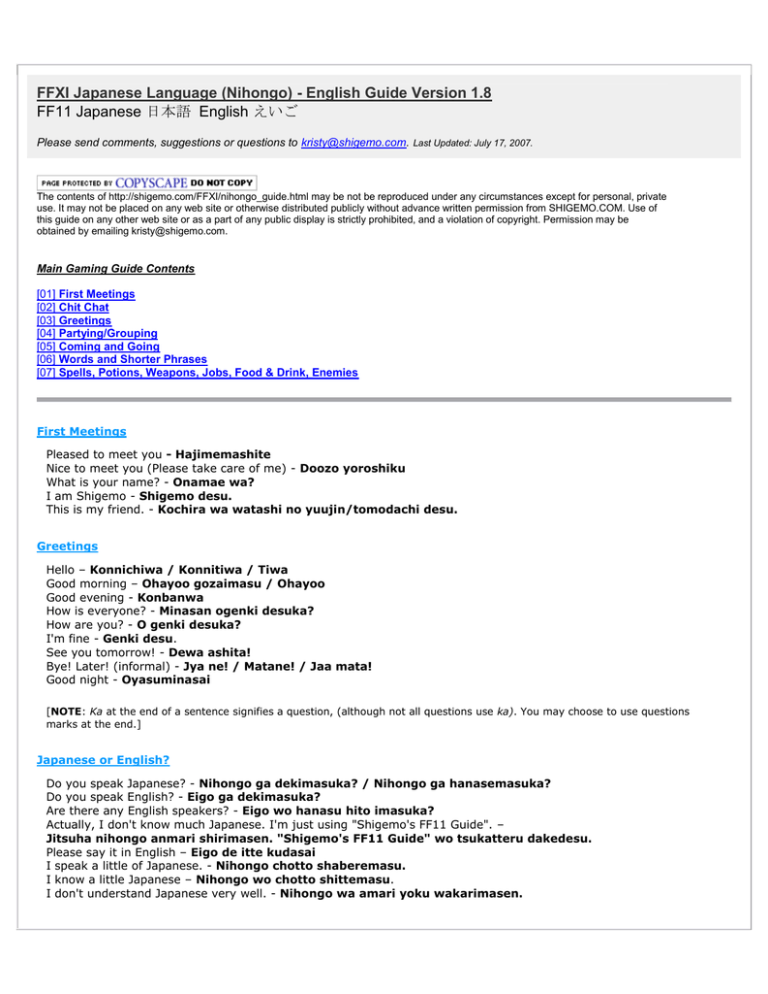



Ffxi Japanese Language




Column Let S Start Learning Japanese The Expat S Guide To Japan



1




10 Ways To Say I Or Me In Japanese Coto Japanese Academy
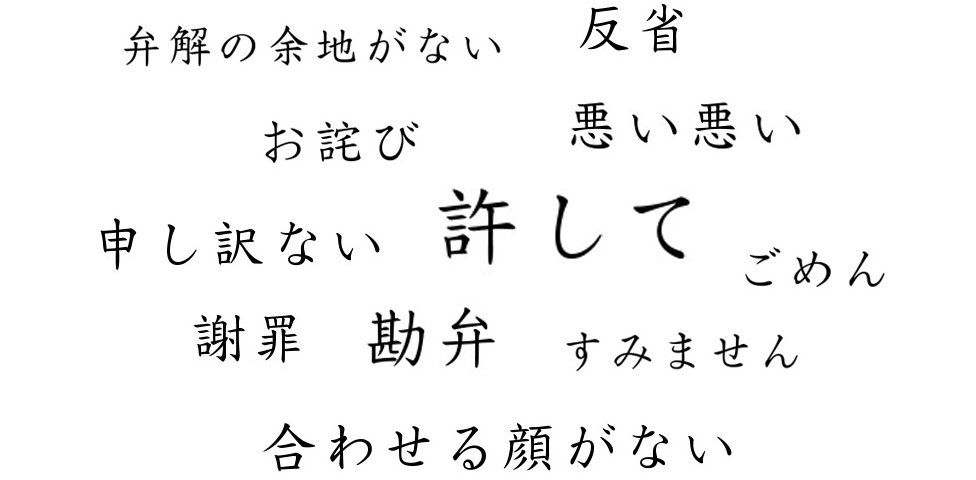



The Many Ways To Say Sorry In Japanese c News



Solved Home Screen Language Changed To Japanese Adobe Support Community
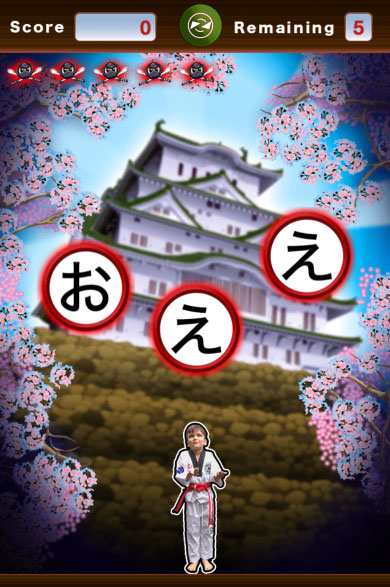



Why I M Making Kids Japanese Language Learning Games Dr Lingua
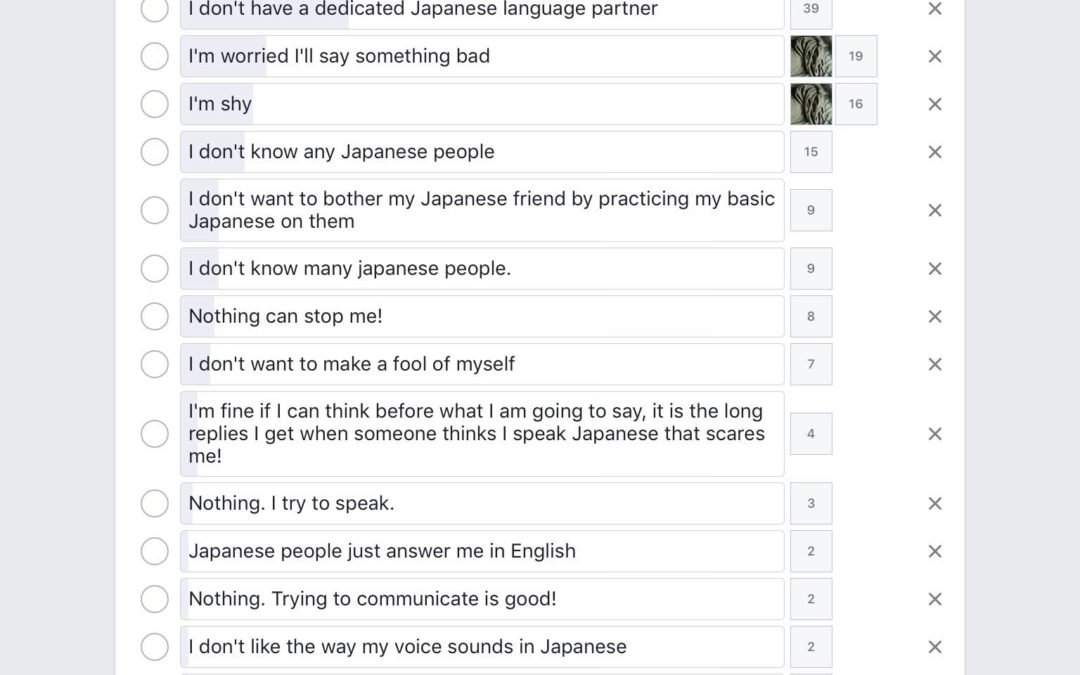



What Is Stopping You From Speaking To People In Japanese Nihongo Connection




How To Say I M Confused In Japanese Japanese Language Learn Japanese Words Japanese Phrases
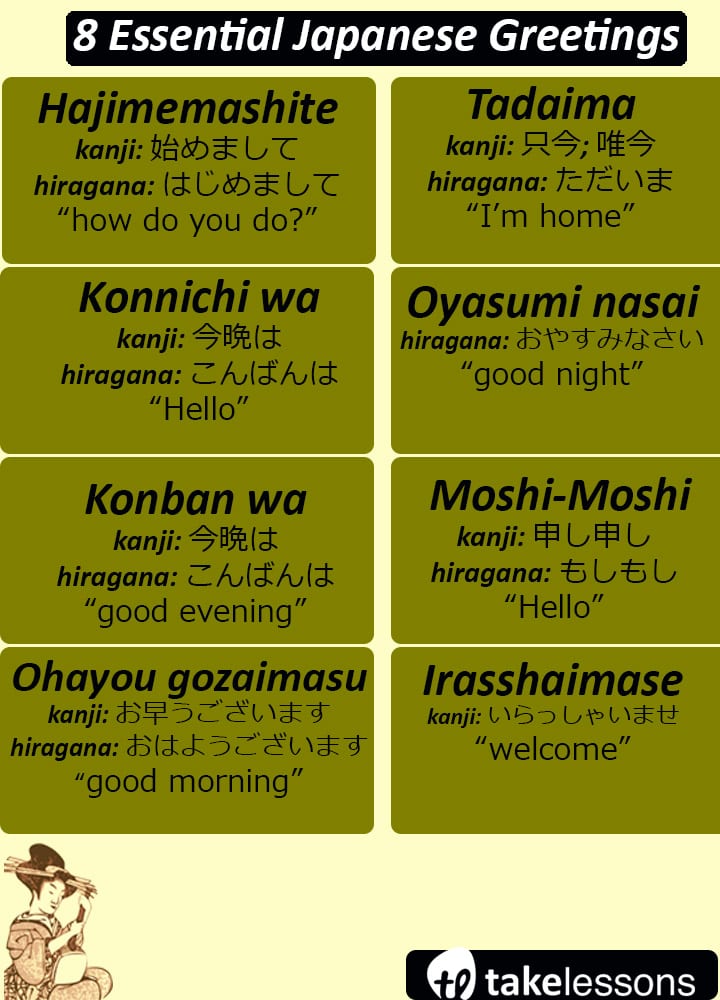



Japanese Greetings Formal Japanese Greetings Takelessons Blog
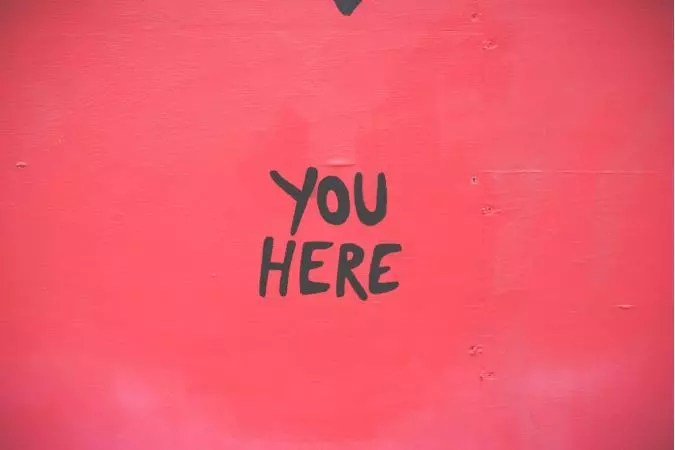



How To Say You In Japanese Stop Calling Me あなた Anata
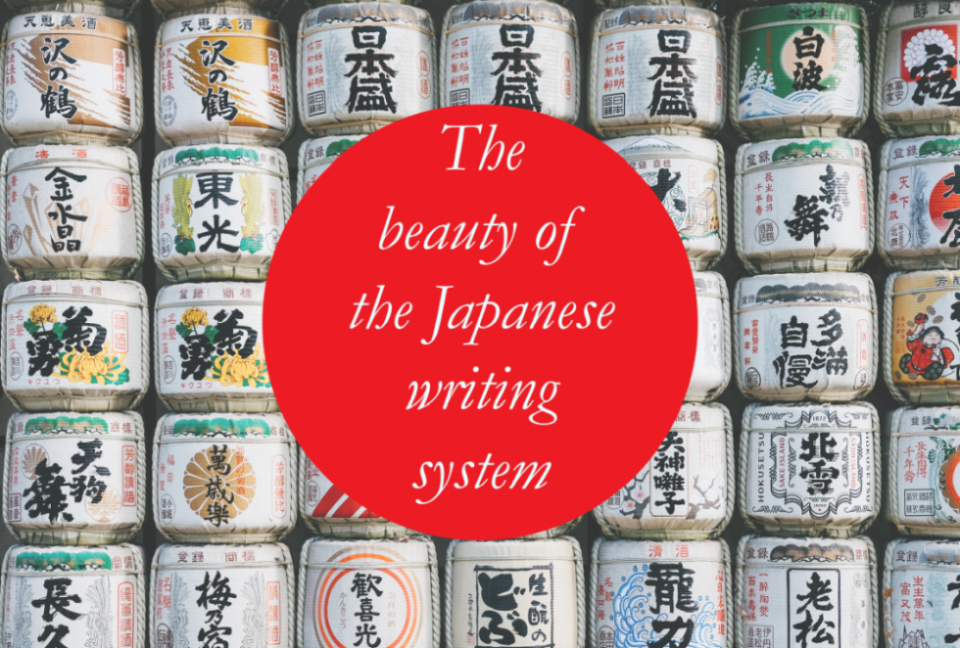



Here S Everything You Need To Know About The Japanese Alphabet




Japanese Phrases Pt 5 Cute Words Phrases In Japanese




I M Learning Japanese A Language Adventure For Young People Galan Christian Lerot Calvo Florence Amazon Com Books




What Going To A Japanese Language School In Japan Is Like Youtube
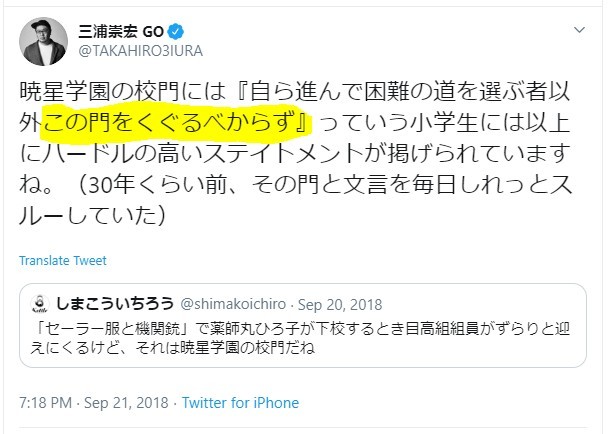



How To Say Lets Go In Japanese Japanese Tactics
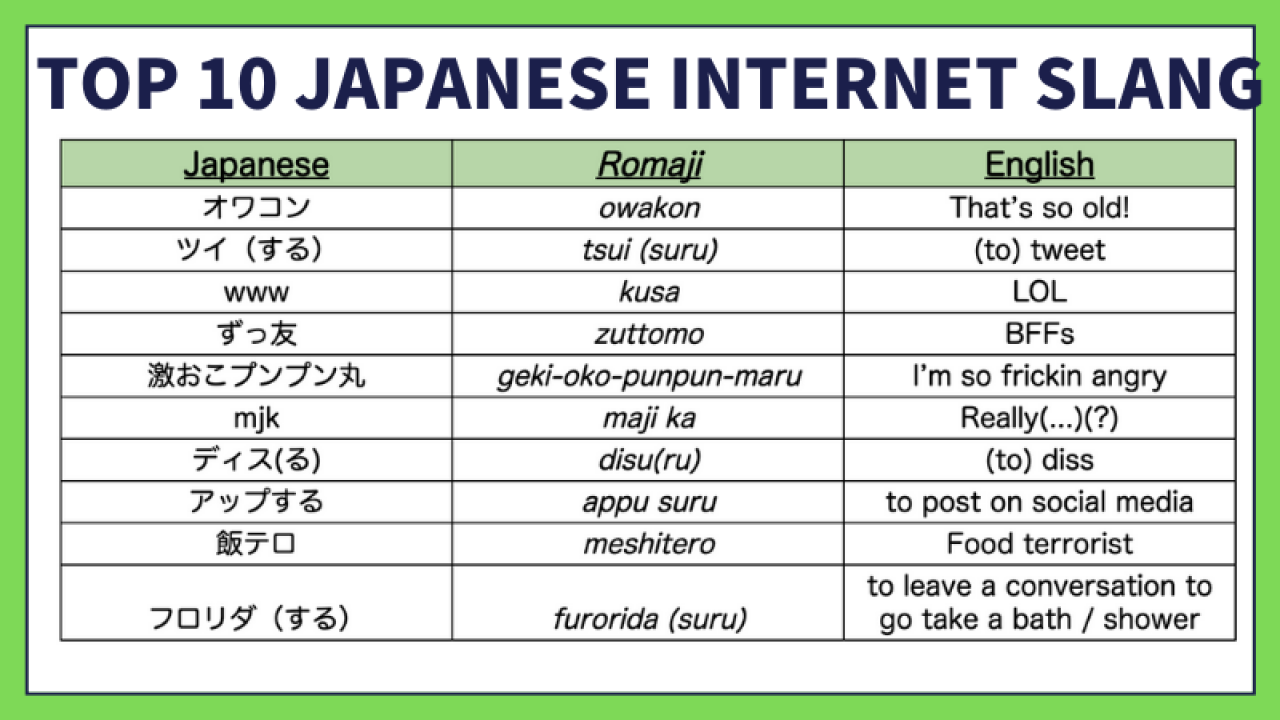



Top 10 Japanese Internet Slang
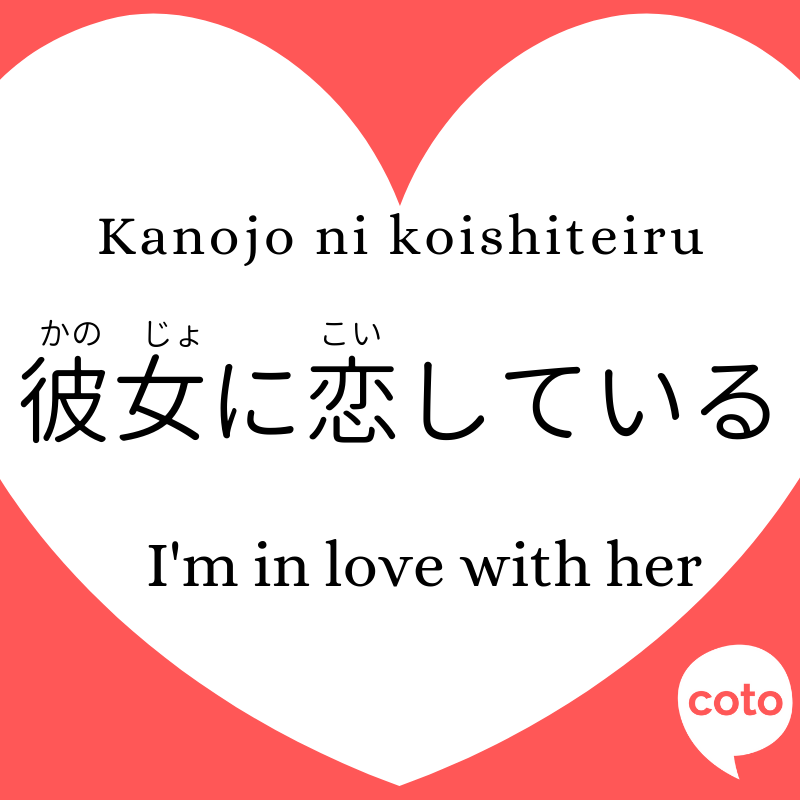



Ways To Say I Love You In Japanese Coto Japanese Academy




Any Feedback On The New Tobira Beginner 1 とびら初級 Book Yet Japanese Language Wanikani Community




Feelings In Japanese Hiragana Mama




How To Introduce Yourself In Japanese 8 Steps With Pictures



Add Cjk Chinese Japanese Korean Language Support To The Docker Image Issue 932 Garris Backstopjs Github




How Do You Remember Synonyms Or Keep Them Apart Japanese Language Wanikani Community




Japanese Language Study Kpop Bts Got7 Wattpad




Gurunavi Japan Restaurant Guide Let S Experience Japan




How To Say I M Sorry Japanese Lessons Youtube




I M Sorry I M Late Japanese Japanese Language Mlc Facebook
:max_bytes(150000):strip_icc()/how-to-say-hello-in-japanese-1458398_FINAL-5c623513c9e77c0001d322a3.png)



Say Hello In Japanese Basic Greetings How To Bow




How To Say I Am Learning Japanese In Japanese And Other Essential Phrases For Your First Conversations In Japanese
コメント
コメントを投稿